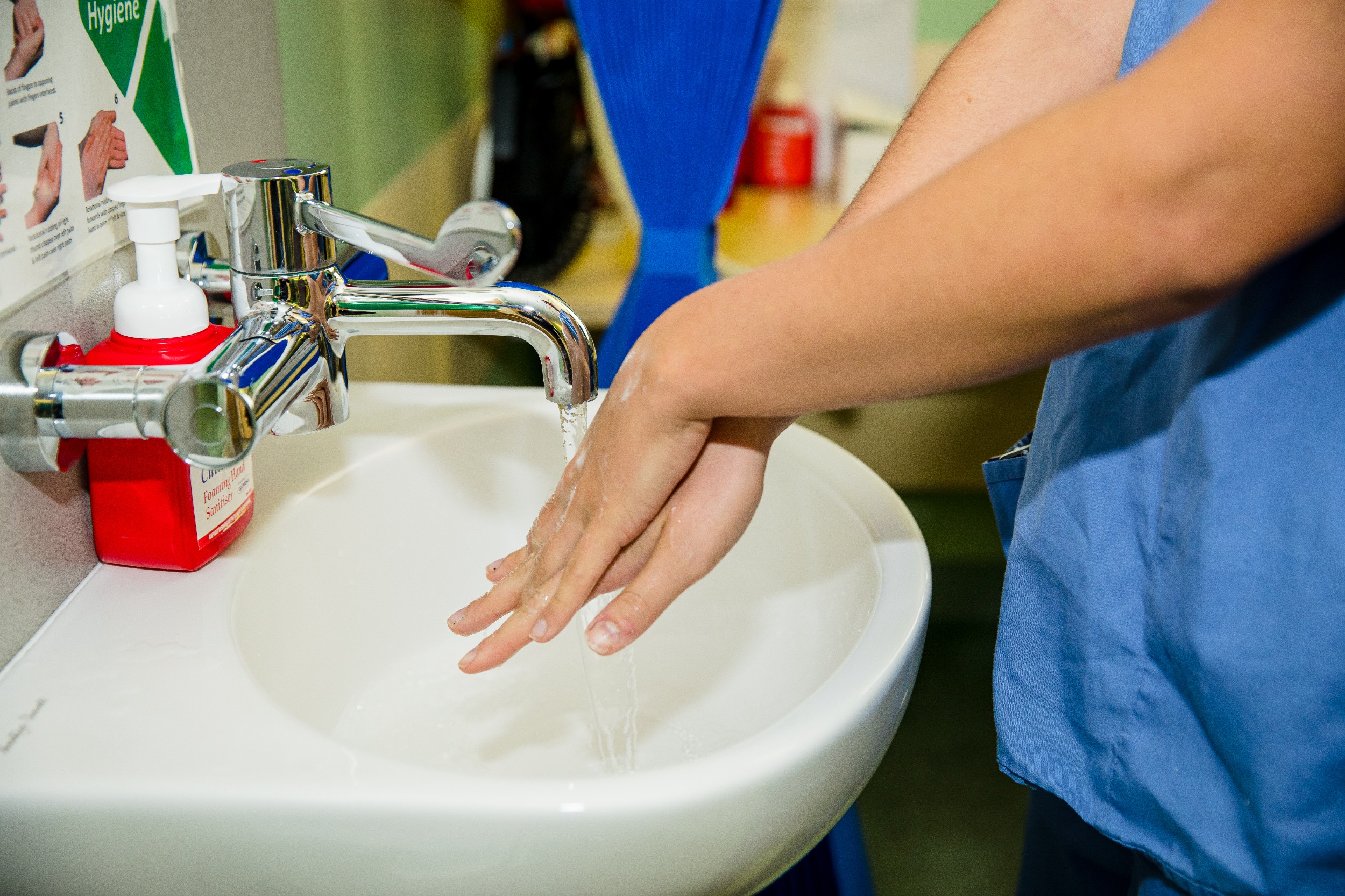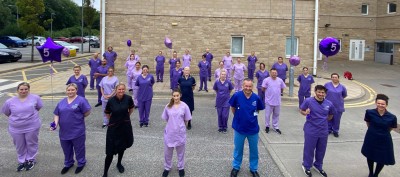
Infection control
We have implemented Martha’s Rule to help spot when a patient is getting worse, giving staff, patients, families, and carers a bigger role in their care.
We recognise that patients and the people closest to them are experts in their own health and may notice subtle changes before the health care team. Therefore your input is vital in the care we provide.
Martha Mills was 13 when she died in 2021 from sepsis that she developed while being treated in hospital for a pancreatic injury following an accident on her bike.
Martha’s families concerns about her deteriorating condition were not responded to. A coroner declared in 2023 that Martha most likely would have survived if she had been admitted to intensive care sooner.
NHS England have introduced Martha’s Rule as a standardised approach that prioritises patient safety and involves the patient and/or their family members when looking at the patients current condition, most importantly giving them a voice to express serious concerns/significant changes.
Whilst in hospital patients will have regular observations which includes monitoring of:
Patients will also be asked the following questions using a patient wellness questionnaire:
This aims to identify subtle changes in a person’s health before usual routes of monitoring.
This diagram has been designed to help you describe what is making you feel worried or concerned.
If you notice any of these symptoms, alert the healthcare team. They could be a sign the patient is getting worse.
Speak to the bedside nurse and explain your concerns:
If your concerns aren't answered:
If you feel the patient is getting worse after you have raised these concerns with the ward and feel your still not being listened to.

The Trust’s Acute Intervention Team is committed to supporting all in-patient areas across the trust - in caring for very unwell patients of all ages. Highly visible in purple scrubs the team are experts in caring for the deteriorating patient and form part of the emergency response team for the hospital.
When you use Call for Concern, the Acute Intervention Team will ask you for some details including your name, the patient’s name (if different), the ward name/number, and a brief description of the concern. The Acute Intervention Team Practitioner will prioritise the urgency of the concern and will provide a rapid review of the patient if necessary.
There may be times when the Acute Intervention Team Practitioner cannot answer your call immediately, as the team responds to all emergency calls in the hospitals, and at times may already be assessing a patient. Please leave a message on the voicemail and someone in the team will get back to you as soon as able.
Martha’s Rule allows patients, families carers and staff access to a rapid review if they feel that their condition, or the condition of a loved one, is deteriorating. A second opinion is when you would like to see another consultant to discuss any diagnosis or treatment's.
Please do not make a Call for Concern if you wish to discuss concerns or complaints with any of the following:
These queries can be discussed with the care team looking after the patient or Trust’s Patient Experience Team on: 0800 7835774 or email: cdda-tr.